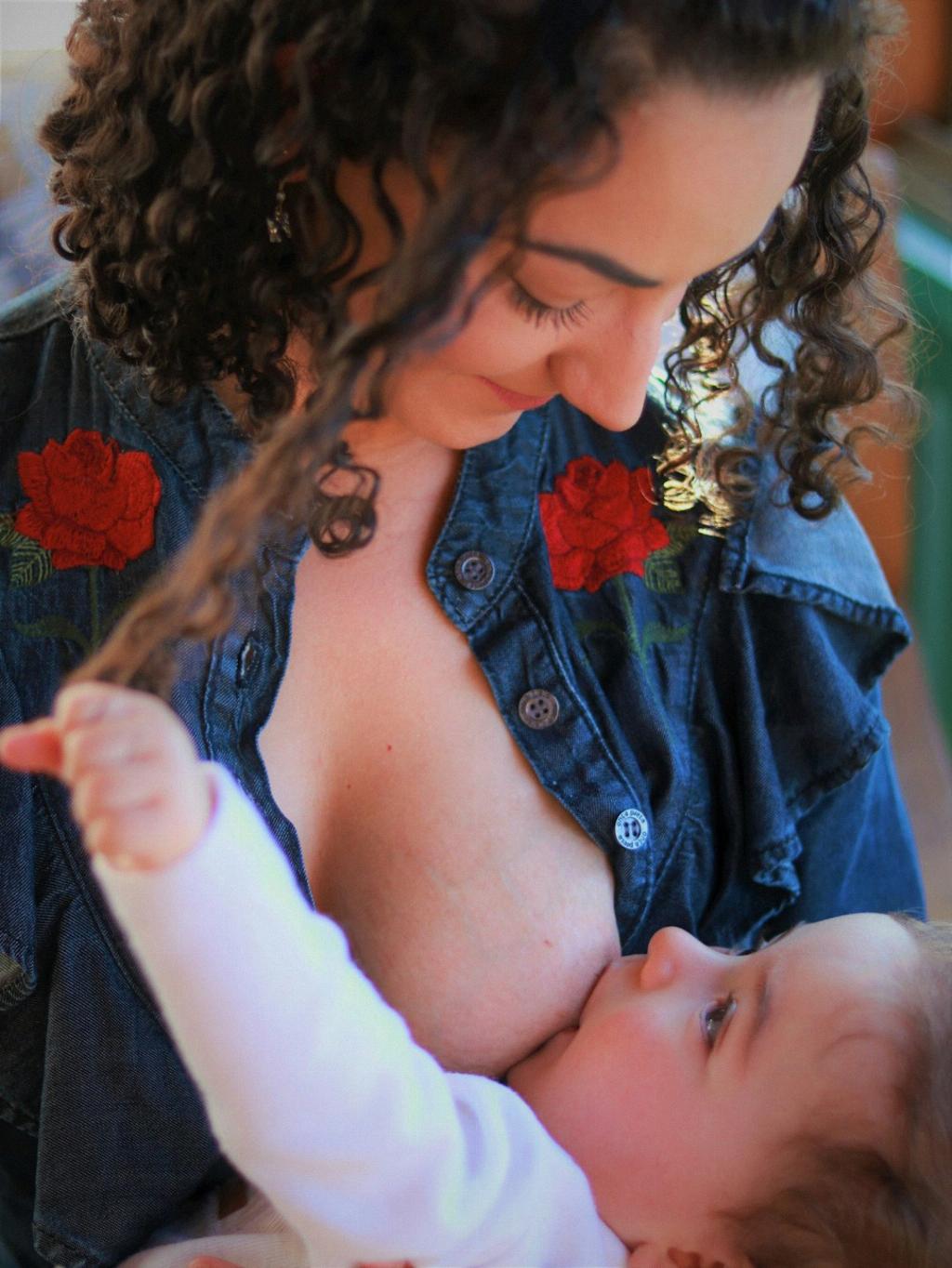Before discussing when breastfeeding is no longer beneficial, it’s essential to recognize the numerous advantages it offers to infants. Breast milk contains essential nutrients, antibodies, and enzymes that support a baby’s growth and development. It also provides emotional bonding between mother and child, offering comfort and security.
Duration of Breastfeeding
According to recommendations from reputable health organizations like the American Academy of Pediatrics and the World Health Organization, exclusive breastfeeding is encouraged for about the first 6 months of life. This means feeding infants only breast milk without any additional foods or liquids.
Continuing Breastfeeding Beyond 6 Months
While the initial 6 months are crucial, continuing to breastfeed alongside introducing complementary foods is highly recommended. This ensures that infants receive ongoing nutrition, immune support, and emotional connection for optimal growth and health.
Beyond 1 Year of Age
Some mothers may wonder about the benefits of breastfeeding beyond 1 year of age. Research shows that breastfeeding can continue to provide essential nutrients and immune support even beyond the first year, contributing to a child’s overall well-being.
Health Benefits for Mother and Child
In addition to the benefits for the child, breastfeeding can also have positive effects on the mother’s health. It can aid in postpartum weight loss, reduce the risk of certain cancers, and promote emotional well-being through the release of oxytocin, known as the “love hormone.”
Cultural and Societal Factors
While the health benefits of breastfeeding are evident, cultural and societal factors can influence the duration of breastfeeding. Some mothers may face challenges such as returning to work, lack of support, or cultural norms that impact their decision to continue breastfeeding.
Individualized Approach
Ultimately, the decision of when to stop breastfeeding is highly personal and should be based on the mother’s and child’s needs and preferences. Some children may naturally wean themselves, while others may continue breastfeeding for an extended period based on their unique circumstances.
Consultation with Healthcare Providers
It is always advisable for mothers to consult with their healthcare providers when considering the duration of breastfeeding. Medical professionals can offer guidance, support, and information tailored to individual situations to ensure the best outcomes for both mother and child.
Maintaining a Balanced Diet
As children transition to solid foods and reduce breastfeeding sessions, it becomes crucial to ensure they have a balanced diet that meets their nutritional needs. Introducing a variety of foods rich in essential nutrients is essential for healthy growth and development.
Weaning Process
The gradual weaning process can be a natural transition for both mother and child. It may involve reducing breastfeeding sessions gradually, offering alternative sources of comfort, and acknowledging the emotional aspects of weaning to ensure a smooth transition for all involved.
Final Thoughts on Breastfeeding Duration
While there is no definitive answer to when breastfeeding is no longer beneficial, it is clear that breastfeeding offers numerous advantages for infants and mothers alike. The decision to continue breastfeeding beyond 6 months or even 1 year should be based on individual circumstances, preferences, and consultation with healthcare professionals.

